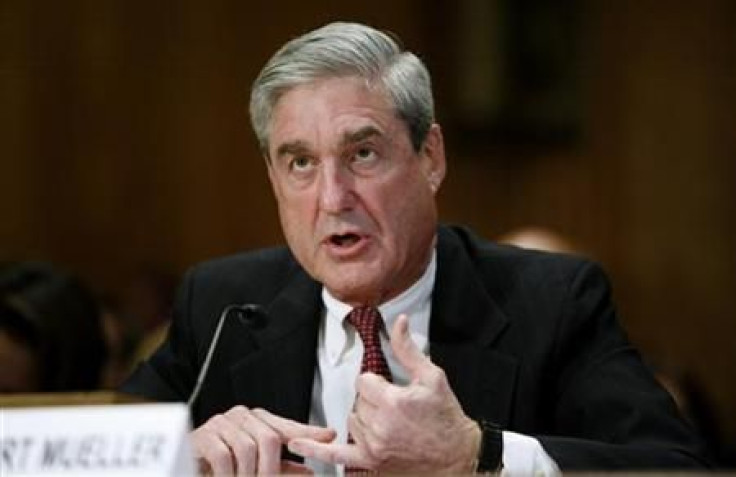Has NSA’s Phone Surveillance Ever Been Critical to Thwarting an Attack?

The question on many U.S. lawmakers' minds is whether the National Security Agency’s practice of keeping records of nearly all domestic calls has thwarted a terrorist plot. In other words, has the sacrifice in privacy been worth the reward?
As intelligence community officials made their way to Capitol Hill this week to testify on the surveillance programs, they have been asked repeatedly whether the collection of telephony metadata has been critical to stopping a terrorist threat. It’s the crucial question Robert Mueller, the director of the Federal Bureau of Investigation, faced when he testified before the Senate Judiciary Committee on Wednesday. But the answer remains unclear.
“For most of the occasions, it has been a contributing -- contributing factor, one dot amongst a number of dots,” Meuller told Committee Chairman Patrick Leahy, D-Vt. “But there are those cases where it has been instrumental.”
As an example of when the phone surveillance program has proved determinative, Mueller cited the case of a man giving financial support to the terrorist group al-Shabaab in Somalia -- the same case an FBI official identified Tuesday in a House Intelligence Committee hearing. In this specific instance, the FBI opened an investigation into a San Diego suspect based on a tip but then closed it after no terrorist connections were found. According to Mueller, in 2007, the NSA was “up on a telephone line in east Africa” but could not tell what numbers were making calls to that line. So they ran the east African number against the database and came up with the number in San Diego, allowing the FBI to re-open the investigation. According to this week's accounts of this case, however, the case involved financial support for -- but not planning -- an attack.
When pressed to provide the number of cases in which the bulk collection of Americans’ phone data proved crucial, Mueller demurred. “What concerns me is that you never know which dot is going to be key,” he said. “What you want is as many dots as you can. If you close down a program like this, you are removing dots from the playing field.”
Over the past few weeks, congressional hearings have shed light on the intelligence community’s surveillance programs -- but not on the degree to which domestic surveillance has proved crucial to thwarting attacks. Domestically, the NSA has been collecting the metadata on virtually all Americans' phone calls under the authority of USA Patriot Act Section 215, known as the “business records” provision. National Security Agency officials have described a process whereby their agency identifies a phone number in the United States that might be in contact with terrorists; it then then turns that number over to the FBI to continue the investigation.
During the same House Intelligence Committee hearing on Tuesday, NSA Director Gen. Keith Alexander broke down the number of cases where Section 215 was used -- but declined to say how necessary or useful the section was. According to Alexander, the government’s foreign and domestic surveillance activities have thwarted more than 50 terrorist threats since Sept. 11, 2001. He said that the NSA’s foreign surveillance program authorized under Section 702 of the 2008 FISA Amendments Act “contributed” in 90 percent of those cases. In 50 percent of those, Alexander called the powers granted under Section 702 “critical.” That leaves slightly more than 10 cases that were centered in the United States. “The vast majority of those had a contribution by” the business records provision, he said. But when asked about how critical Section 215 was, like Mueller, Alexander began talking about the ability “to connect the dots.”
Leahy wasn't the only Senator interested in this line of questioning, and queries about the necessity of surveillance under Section 215 did not go away.
“How do you judge the 10 to 12 percent,” the times 215 helped thwart an attack, Sen. Dianne Feinstein, D-Calif., a defender of the surveillance programs, asked the director. “As highly worth it or not worth it?”
“I think it’s very difficult to judge a program in that particular way,” Mueller said. “Having the ability to identify a person in the United States … may prevent that one attack, that Boston or that 9/11.”
© Copyright IBTimes 2024. All rights reserved.












